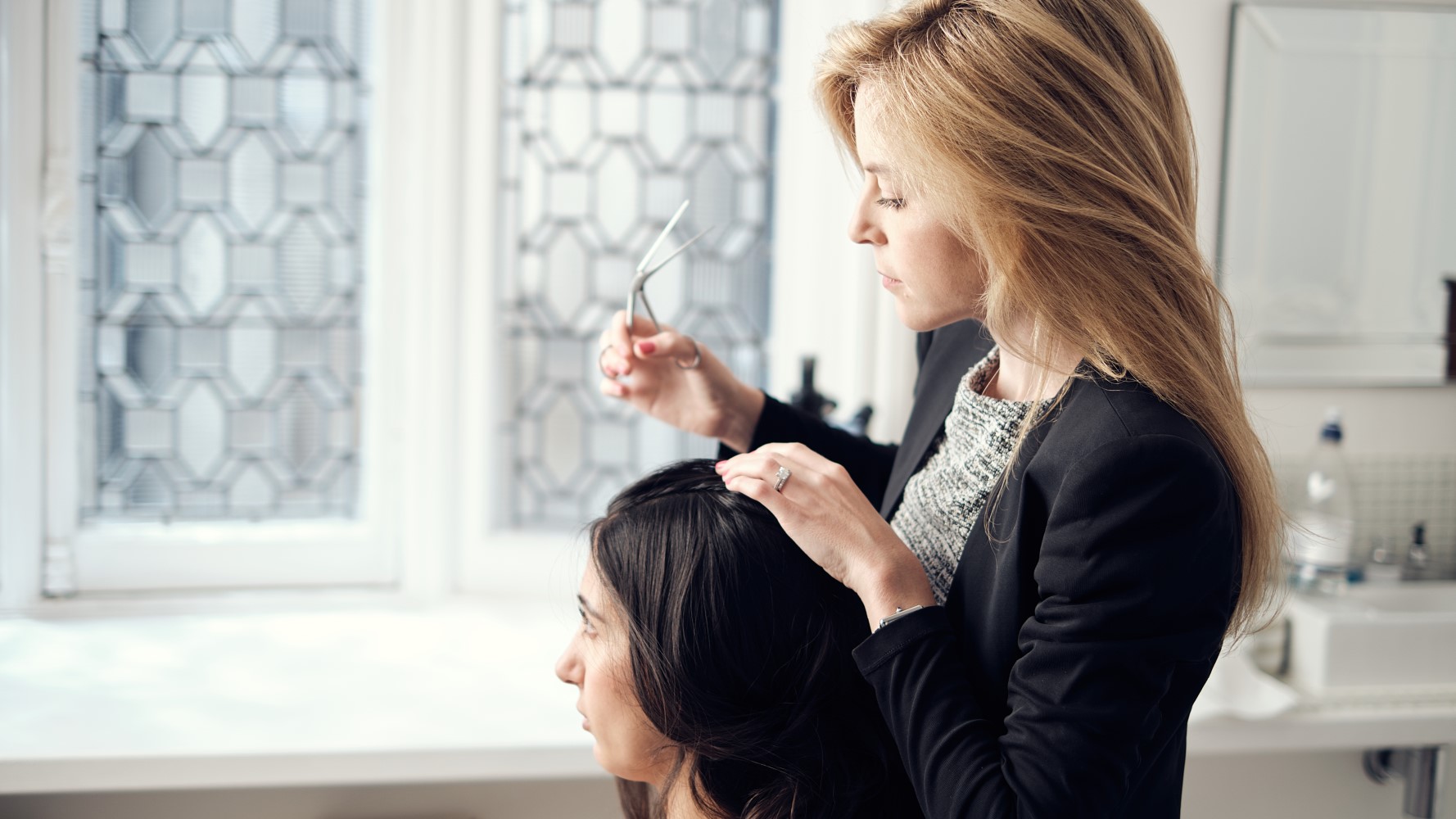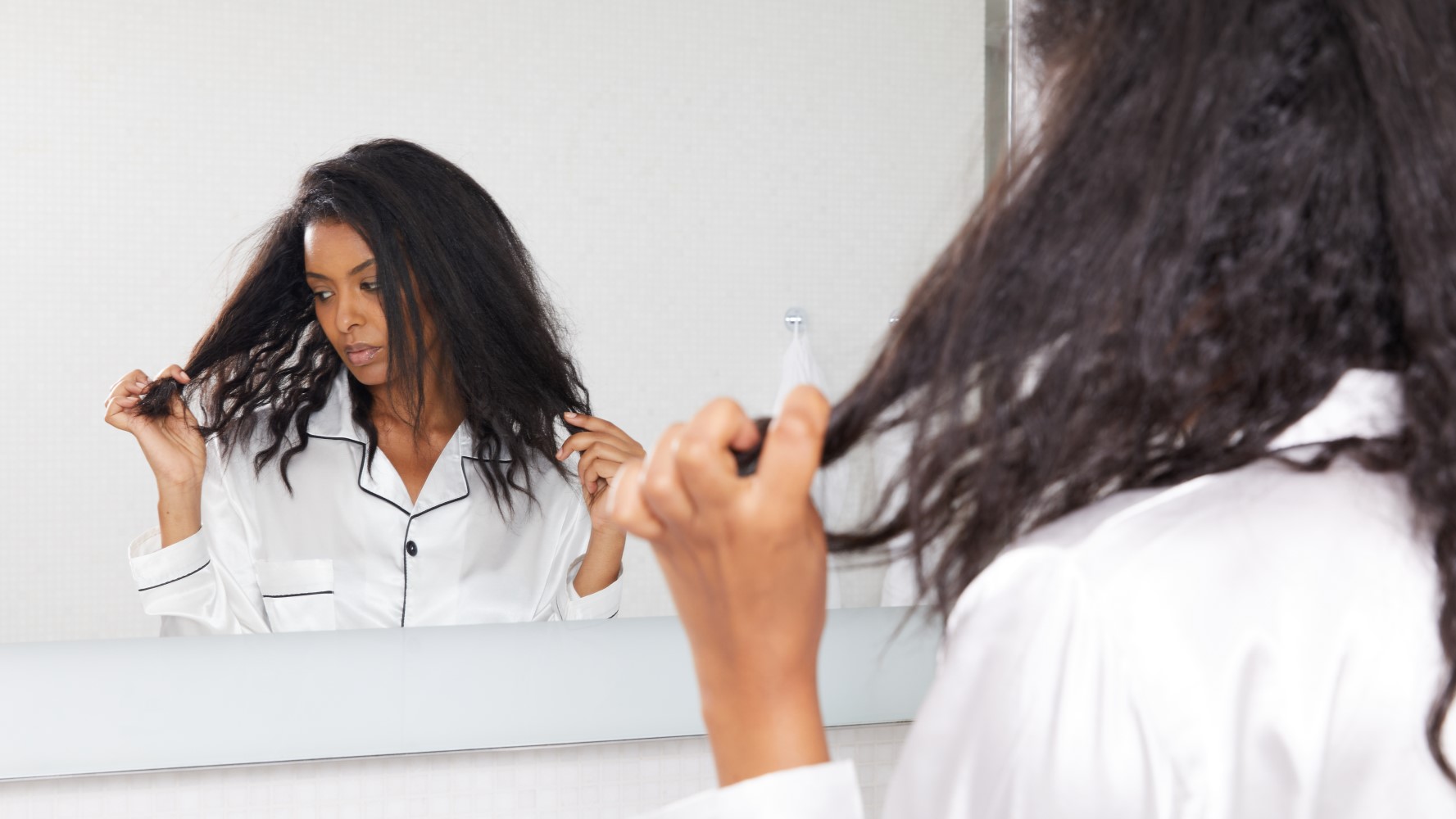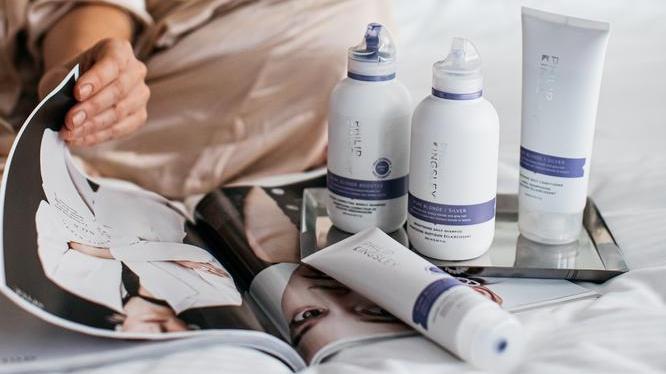CLINIC CONSULTATIONS
To find out more about how you can maximise your hair health and growth, come and see us at one of our Clinics where we will be delighted to welcome you.
Why is Iron Important for Hair?
Iron is a mineral crucial to our health. Its most important function in our bodies is to aid in the production of red blood cells. Red blood cells contain a protein called haemoglobin, which carries oxygen around the body via our bloodstream to all our tissues and organs — including our hair follicles. Iron also optimises energy levels, nourishes your muscles (including your heart), and helps your immune system function. In other words, it is a great all-rounder for your general fitness and wellbeing. If you do not have enough iron in your body, you may develop a condition called iron deficiency anaemia — which can cause your hair to shed.
Iron Deficiency Anaemia and Hair Loss
Iron deficiency anaemia is a condition wherein your body lacks iron to make enough red blood cells. Red blood cells contain haemoglobin, which carries oxygen around your body to your tissues, allowing them to function.
How does a lack of red blood cells affect your hair? When your body is short of oxygen, it channels its available supply to your vital organs to keep them alive, rather than to your hair follicles. Without oxygen, your hair follicles cease to function properly, and your hair may fall out. In fact, a large proportion of people who come into our Trichological Clinics for hair loss treatment, have some degree of anaemia.
The symptoms of iron deficiency anaemia include:
- Extreme tiredness
- Lack of energy
- Pale skin
- Breathlessness
- Heart palpitations
- Diffuse hair loss from the scalp
Anaemia can occur if your diet lacks iron-rich foods, or if you are not absorbing iron adequately. Other causes of anaemia include loss of blood (particularly in menstruating women), growth spurts in children, illness, and pregnancy. In fact, pregnant women need increased iron to deliver blood and oxygen to their baby, and therefore often become anaemic. Some iron is also lost in sweat, so high levels of exercise can lead to low iron levels, if not replaced enough through the diet. Low iron levels can often occur with vegetarian and vegan diets, if care is not taken to include non-animal sources of iron.
If you are losing your hair, or notice it is not growing as long or as fast as it used to, we suggest asking your doctor to test your iron levels. Iron levels should be analysed by checking the following blood levels:
- Serum Iron
- TIBC (Total Iron Binding Capacity)
- Transferrin Saturation
- Ferritin
- Full blood count
If you discover you are anaemic, try not to worry — hair loss due to anaemia is reversible and your GP can prescribe you an iron supplement. It is important to follow the dosage you are given, because high iron levels can also be dangerous, and taking more than prescribed will not lead to a faster result. You may also want to ask your doctor to suggest changes to your diet. The most beneficial treatment for anaemia is making sure you’re getting enough iron through good nutrition as well as a suitable supplement.
Good Sources of Iron
- Meat (including liver)
- Shellfish
- Whole grains (e.g. brown rice)
- Nuts
- Beans
- Leafy green vegetables (e.g. curly kale, spinach)
- Dried fruit (e.g. apricots)
- Fortified cereals







